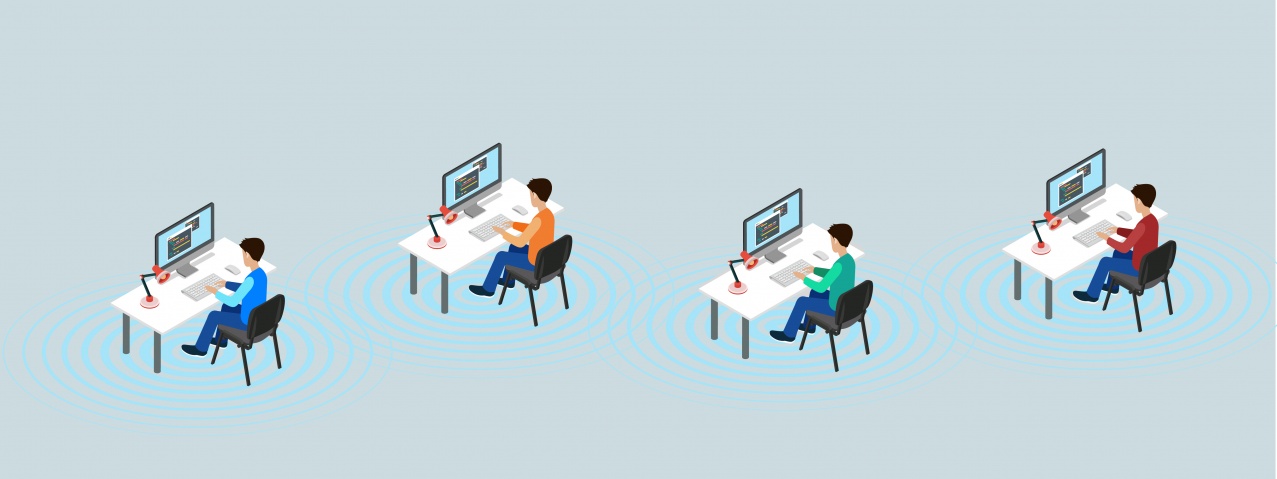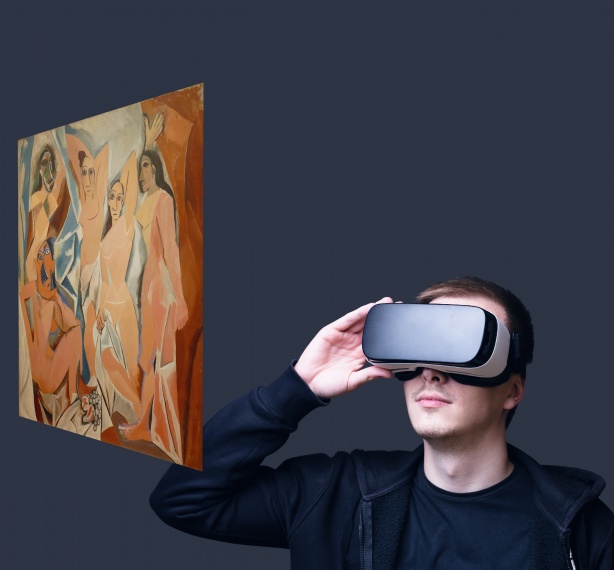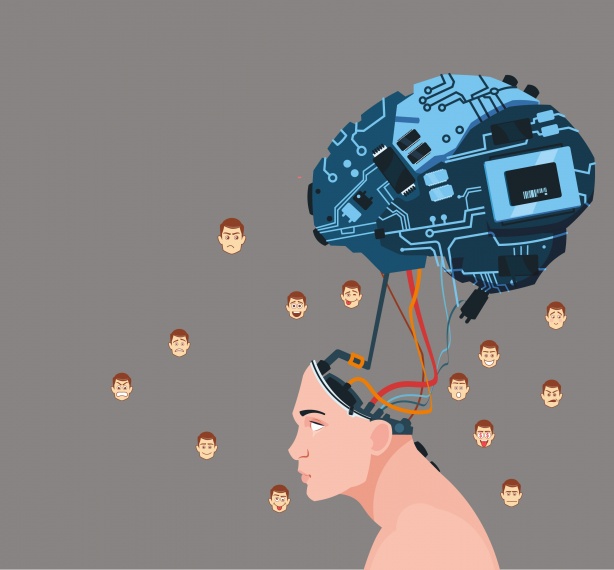Me2B

The internet was conceived as an egalitarian, free and decentralised network. But it was built with one major design flaw: information is saved on massive centralised servers to which users must connect. This inevitably leads to all of the world’s information being owned and monetised by just a handful of massive corporations. It’s a long way from the dreams of the early internet idealists.
Even Facebook founder Mark Zuckerberg has admitted that “In the 1990s and 2000s, most people believed technology would be a decentralising force… But today, many people have lost faith in that promise. With the rise of a small number of big tech companies – and governments using technology to watch their citizens – many people now believe technology only centralises power rather than decentralises it.”
Being aware of the problem, the tech giants are not going to be left behind in the search for a solution. But, fittingly, the real innovations are coming from small upstart outfits. These projects, small in size and independent in spirit, are facing off against the tech giants to rebuild a new internet, where users own their data.
This type of network has been called Me2B, a play on the terms B2B and B2C (Business to Business and Business to Consumer.) The distinction is clear; Me2B empowers the individual to create their own unique online presence and use it as they see fit.
Located far from the Silicon Valley home of many tech companies, the political motivations of the people behind this emerging tech range from libertarian to socialist. This strange alliance demonstrates the degree of openness and diversity that this new reformed internet aims towards.
One social enterprise leading the charge is ind.ie. Among ind.ie’s projects are peer-to-peer networks that allow data to be shared without the requirement of a master copy being kept in a central location. The technology takes a lead from something that has been around for a few years now; BitTorrent. A BitTorrent allows users to share files among a decentralised network of users, and while the technology is currently best known as a tool for online piracy, there is nothing preventing the likes of ind.ie from putting it to less nefarious ends.
Similarly, blockchain technology is currently most commonly associated with cryptocurrencies. But the decentralised nature of blockchain networks, along with their inherent high levels of security, mean that the technology is perfect for building a Me2B economy. In such an economy, internet users can directly control who can see their personal data; instead of a social network capturing their personal information and selling it to advertisers, the users themselves can retain ownership of and monetise their own personal information. Instead of logging on to a site such as eBay to sell goods between consumers, Me2B will allow sales to be conducted without a middleman, again, moving profit away from corporate entities and into the hands of ordinary web users.
Ind.ie is far from alone in developing this new type of network. Tim Berners-Lee, known as the inventor of the world wide web, is leading MIT’s Solid project. Solid, which is short for Social Linked Data “is a proposed set of conventions and tools for building decentralised social applications based on Linked Data principles.” Meanwhile, Maidsafe, which bills itself as “the world’s first autonomous data network” is a whole alternative vision of the internet launched by a small Scottish team.
There is, however, room for doubt. The Me2B economy sounds very similar to what has come to be called the ‘gig economy.’ The ‘gig economy’ is best represented by firms such as Deliveroo and Uber, that treat their workers as self-employed contractors, denying them the benefits that come with formal employment. Me2B could easily just become an invasion of the ‘gig economy’ into more areas of everyday and online life. Whether Me2B represents a real change or not depends both on how successful its small band of pioneers are in sticking to their principles, and how responsibly we put to use the tools that those pioneers give us as users.
Others

Latest News | 1 May 2018
The school of design that shaped the world we live in

Latest News | 1 May 2018
Virtually yours

Latest News | 1 May 2018
Open Spaces Open Hearts

Latest News | 1 May 2018
Homo Ex Data The natural o the artificial

Latest News | 1 May 2018
Being Human

Latest News | 1 May 2018
Feeling AI

Latest News | 1 May 2018
Character building

Latest News | 1 May 2018
Tokyo 20/20
